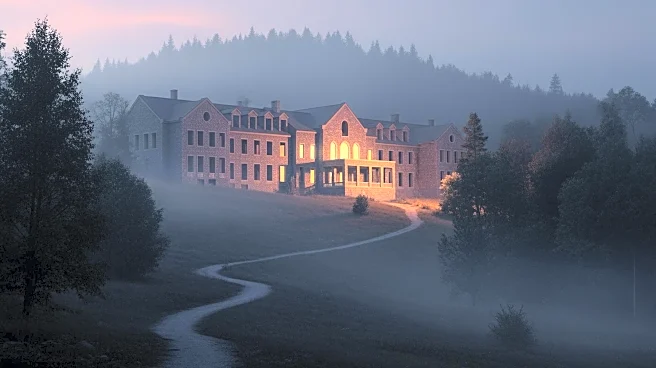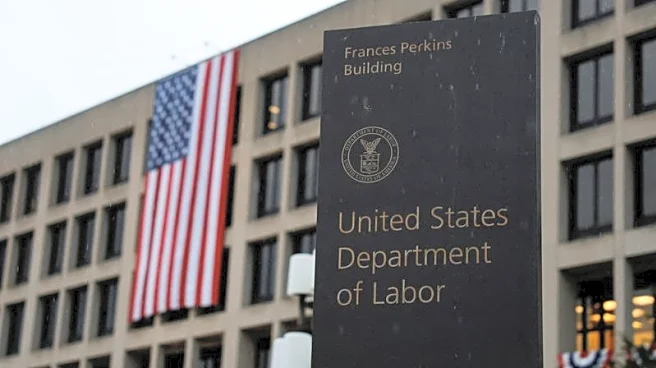What's Happening?
The Parker resort, a proposed 'Sonoma-style' luxury retreat in Galena, Illinois, has been given the green light to proceed following a favorable ruling from an Illinois appellate court. The project, which
includes the renovation of the historic Marine Hospital and the development of a vineyard, winery, and resort facilities, had been stalled due to a lawsuit led by local resident Wendy Clark. Clark's legal challenge, which cited zoning and due-process violations, was largely dismissed, except for a claim regarding the right to cross-examine witnesses at public hearings. The appellate court's decision overturns this ruling, allowing the $30 million privately funded project to move forward.
Why It's Important?
The development of The Parker resort is significant for Galena, a city reliant on tourism, as it promises to revitalize a historic site and boost the local economy. The project is expected to create jobs and increase the tax base, supporting public services in a city with a shrinking population. The court's decision also sets a precedent for how public hearings are conducted in Illinois, emphasizing the balance between citizen participation and efficient municipal processes. The ruling is a win for developers and local government, who argue that the project will enhance the region's appeal without compromising its character.
What's Next?
With the legal hurdles cleared, developer Dave Hooten plans to resume work on The Parker resort, despite increased construction costs. The project will be phased in over time, with ongoing dialogue between the developers and the community to address concerns. The development is expected to include up to 120 cottages, a vineyard, and various amenities, aiming to attract more visitors to Galena. The project's progress will be closely watched by other municipalities and developers as a case study in managing community opposition and legal challenges.
Beyond the Headlines
The case highlights the tension between development and preservation in small communities. While some residents fear changes to the community's character, others see the project as a necessary evolution to sustain economic growth. The decision underscores the importance of transparent and inclusive public processes in urban planning, potentially influencing future developments across Illinois.











